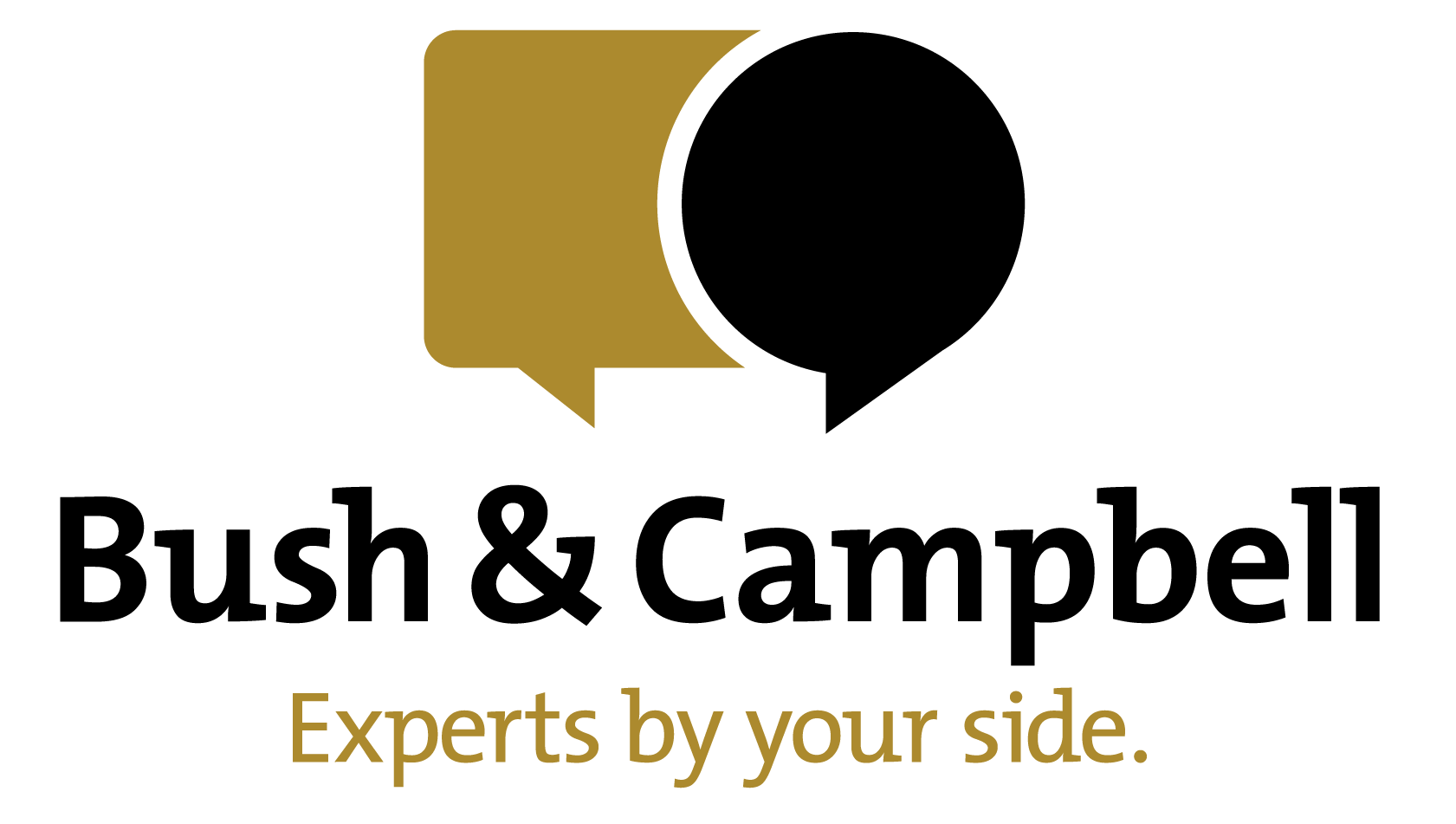The gift of FBT-free giving
The holiday season is a time in which many employers look to thank their employees for their hard work throughout the year.
Employers will often plan a work Christmas party, or decide to give their staff a Christmas gift to show their appreciation. While throwing a Christmas party is a great end-of-year celebration, employers should be aware of the tax consequences of holding such an event to avoid a nasty fringe benefits tax (FBT) bill.
A number of benefits are exempt from FBT, including the work Christmas party, providing they follow certain rules. The ATO allows employers a $300 threshold per employee for Christmas parties. The most tax-effective option is to host the Christmas party on the business premises, on a working day and extend an invitation to current employees only. Expenses such as food and drink are exempt from FBT for employees and thus, a tax deduction or GST credit cannot be claimed.
Employers can also extend invitations to associates such as spouses and be exempt from FBT, provided the combined cost for the employee and their associate remains below $300.
In addition to hosting a Christmas party, employers can also provide employees with gifts that cost less than $300 per employee. Therefore, employers can avoid an FBT bill providing they host a party that costs less than $300 per employee and also give each employee a Christmas gift worth no more than $300.
Non-entertainment gifts below this price are usually exempt from FBT, and an employer can also claim tax deductions and GST credits for every non-entertainment gift they give to staff members. Types of gifts typically include beauty or skincare products, flowers, wine, gift vouchers or hampers.
When giving non-entertainment gifts exceeding the value of $2000 within an FBT year, employers should also be aware that some fringe benefits may need to be included on payment summaries.

